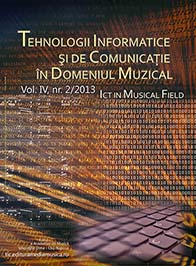Theoretical Aspects and Financing Peculiarities of Health Insurance
Sveikatos draudimo sistemos teoriniai aspektai ir finansavimo ypatumai
Keywords: Health insurance; health insurance system; health insurance systems models; health care financing.
The health of population is the biggest social and economic value and it is directly linked with health care, understood as one of the main rights of people. The health insurance system in Lithuania has many problems, as well as in other countries because the country’s government is still not able to design an effective health insurance system and financing model. The authors of the paper have analysed health insurance system models and possible financial methods and came to a conclusion that Beveridge and Bismark model characteristic features are present in the Lithuanians health insurance system. According to Beveridge model the health insurance system is financed from taxes and government establishes contributions. According to the Bismark model it is financed from employers’ compulsory taxes. However, the authors have come to a conclusion that they are not the most efficient models.
More...
